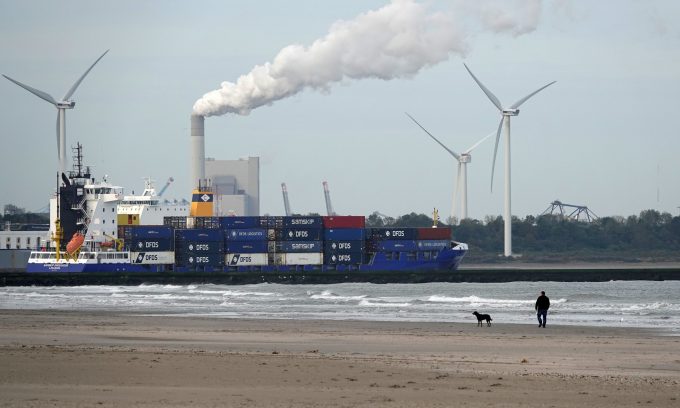Forwarders say loss of CBER brings back the ‘level playing field’
Forwarder group Fiata has welcomed the EC decision not to extend the Consortia Block Exemption ...

Companies have been accused of overstating their green credentials through ‘greenwashing’, but a new EC regulation aims to end the practice and encourage environmental investment.
As a result the commission is pushing ahead with its Taxonomy categorisation plans, with a second delegated regulation expected next year, ...

Comment on this article